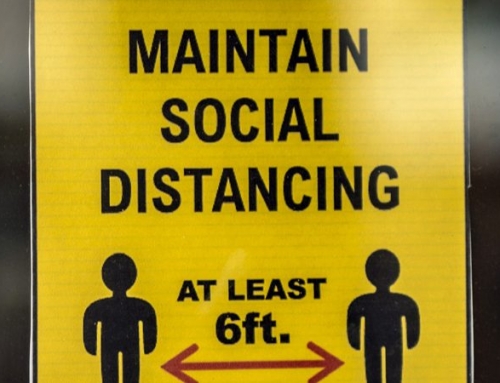Content creation has changed significantly since the advent of digital marketing over two decades ago. The constantly changing regulations and algorithms that google and the other search engines use means that old ideas no longer work. Practices that used to be effective will most likely get you penalised and moved way down the search results. They are also likely to deter your existing customers and identify your business as a poor-quality competitor in the industry. Here are some content creation techniques that we at Probella believe belong firmly in the past.
Hiding Your Keywords
In the early days of SEO, way before artificial intelligence evolved to today’s standards, it was possible to secrete literally hundreds of key search terms in the background of your website. A common technique was to make the text the same colour as the background so these were invisible to the naked eye but would still register when users entered their queries into the search bar. The way websites are created is very different now, meaning that this practice no longer works.
Stuffing
This practice is extremely old fashioned and the scourge of many professional writers. It makes articles read as if they’ve written by algorithms rather than people and ultimately looks extremely unprofessional. Though many smaller and less developed digital agencies still rely heavily on things like “keyword density” this is mainly because old habits die hard. Any keywords you need to include in your text for the sake of SEO purposes should appear organically and flow naturally in the body of the copy. Anybody with an English degree or even a lower level content writing qualification will be able to use keywords effectively but trying to cut corners by treating content creation like an extension of administration work will cause serious problems for you. Quite simply, never try to stuff your keywords into blogs, landing page copy, email content or video descriptions. Google responds to genuinely readable, high quality content that reads as if it has been written by somebody who has a genuine interest in the subject. Conversely, it penalises “clunky” or grammatically awkward pieces of text.
Too much management and business speak
The English language is arguably one of the most versatile and beautiful forms of communication on planet earth. Unfortunately, since the 1980s, a new sub section of written and spoken English has been spreading through offices and call centres across the world. Expressions such as “close of play” or “hit the ground running” are not only meaningless, but also incredibly irritating to people who don’t generally use them in day to day life. One theory around this type of language is that it was created to avoid direct hostility and conflict in high pressure environments and though this is arguably very necessary in some offices, your customers don’t need to be addressed in this way. Expression such as “We have some exciting news for Q3 next year” might seem perfectly acceptable to you, but the rest of the world would probably be more comfortable with something simpler, such as “Our autumn range is already looking great.” Most of this is common sense, but it can be easy to lose touch with everyday people when you spend most of your working life communicating in this way. Essentially, you need to ensure that your content can be understood by everybody, not just marketing executives.
Relying too heavily on Grammarly and Word Processor Checks
Though these tools are incredibly useful most of the time, they still can’t rival a professional writer. The nuances and subtleties of a piece of writing are what make it worth reading and when you allow a word processer to suggest too many changes, it can end up reading in a dull, lifeless way that lack personality. The most successful content writers are those who have some creativity and flair, rather than just putting words together in a way that appeases the grammar and spell checkers. This doesn’t mean you should ignore the advice of grammar and spell checkers entirely, but always take the time to look at the suggestions they make with a critical, human eye. If your blog post or email content is written in a casual tone or uses slang phrases for the sake of readability, the chances are these will be picked up as “mistakes” when they are nothing of the sort. Though video content is starting to dominate the online world, there will always be a place for well written, professional content that has genuine personality.
Copying and Pasting
Not only will this practice cause problems when it comes to copyright issues and uniqueness checks, it will also identify your business as being unethical and unprofessional. Reading other blog posts to get inspiration and ideas is standard practice and an integral part of the research process for most writers but lifting entire paragraphs or sentences should be avoided at all costs. Even if you’re attempting to re-use information that has been published on a relatively unknown site that only experiences a limited number of hits, you still run the risk of being penalised by google and also running in to legal trouble if the owner of the website decides to take action against you. Never copy and paste anything, unless it’s something you’ve written yourself or a quote that you give full credit for.
Summary
Ultimately, content creation in 2020 is all about originality and quality. You need to take the time learn content writing skills or hire a professional who has experience of using written language to engage audiences of varying types. There are no easy work arounds or “hacks” unlike some other elements of digital marketing and trying to cut corners will inevitably cause more problems than it will solve. Even high-volume blog posts for things like VPNs should be written in a way that is organic and readable. The days of quantity over quality for the sake of good SEO results are well and truly over.






